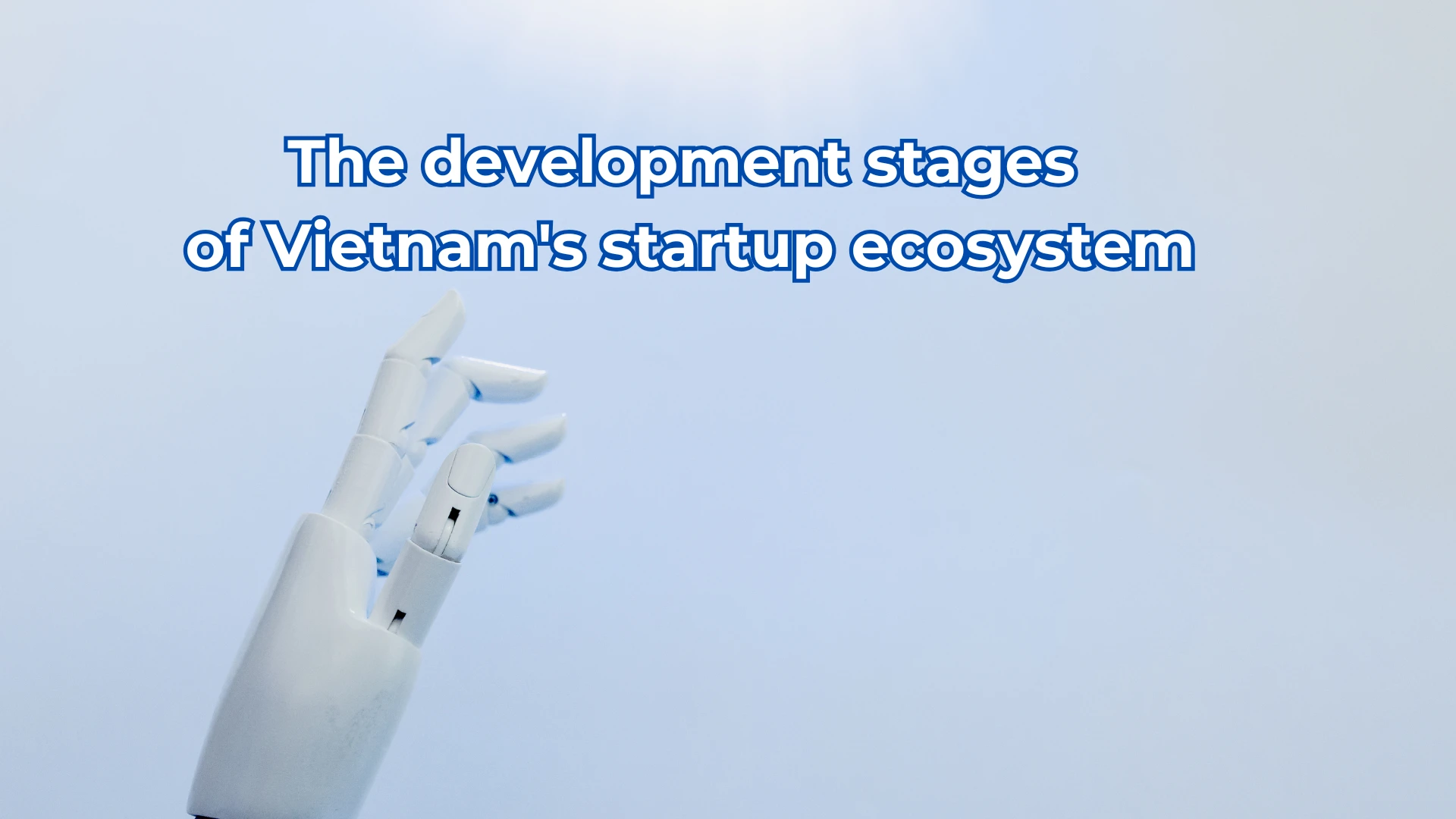In recent times, Vietnam’s startup ecosystem has witnessed several companies shutting down due to mounting difficulties in sustaining and scaling their businesses.
As the country welcomed the new year, the tech and startup community was met with the surprising news that Telio, once a leading B2B e-commerce startup in Vietnam, had officially ceased operations. The story of Telio has since sparked widespread discussion, shedding light on the harsh realities of the startup journey in Vietnam.
Telio: Once Backed by Over $65 Million
Telio’s founder, Bui Sy Phong, confirmed that the company had ceased operations at the end of November 2024 and completed legal dissolution in December 2024. After years of operating without profit, Telio’s ambition to digitize the traditional retail supply chain came to an end.
The decision followed the company’s failure to secure new funding or find a buyer, resulting in the layoff of more than 400 employees, including its tech team based in India.
Founded in 2019, Telio was once considered a beacon of hope for Vietnam’s startup scene. The company aimed to become a digital platform connecting small retailers with brands and suppliers, optimizing the supply chain and improving operational efficiency. Telio’s model was regarded as a pioneering force in Vietnam’s nascent B2B e-commerce space.
The startup had successfully raised around $65 million from major investment funds including Tiger Global, Granite Oak, Peak XV, and notably, VNG Corporation, which invested over VND 510 billion (approx. $22 million) in 2021.
Despite its strong backing, many observers point to Telio’s overly aggressive early expansion as a key contributor to its downfall. Although it had financial advantages, the company failed to ensure sustainable financial performance. In addition, Vietnam’s B2B e-commerce sector still faces major structural challenges, including low profit margins, high operating costs, and consumer behavior that has been slow to adapt to digital transformation.
Amid a global downturn in venture capital funding, Telio was unable to raise additional investment and was ultimately forced to shut down, leaving behind a cautionary tale for other startups in similar fields.
Fast Growth, Unicorn Aspirations—and Collapse
In 2022, Propzy, a Vietnamese real estate technology (proptech) startup, also ceased operations. Founded in 2015 by John Le, Propzy once held ambitions of becoming a unicorn in the proptech space. The company had raised a total of $37 million from notable investors such as Gaw Capital Partners and SoftBank Ventures Asia.
Despite this strong backing, Propzy encountered numerous operational challenges. Initially focused on simplifying the home-buying process for consumers, the company later diversified into other segments, including the primary and secondary markets and property management. However, these expansions failed to deliver expected results—particularly amid the prolonged COVID-19 pandemic and global economic uncertainty. The company eventually faced mounting losses and was forced to wind down.
Prior to its closure, Propzy attempted a restructuring effort, including laying off more than 50% of its staff in September 2021 and officially dissolving Propzy Vietnam Services Co., Ltd. in May 2022. Despite efforts to pivot its business model and seek additional funding, the company could not overcome the challenges and ultimately shut down.
Similarly, in early 2022, We Escape, a startup specializing in live-action role-playing games (escape rooms), announced it would shut down its entire operation due to the severe impact of the COVID-19 pandemic. Founded in 2015 in Hanoi by four mathematics graduates, We Escape had quickly expanded into the largest escape game chain in Vietnam, boasting eight locations by 2021. The company made headlines in 2018 after appearing on Shark Tank Vietnam, where it secured a VND 30 billion investment from Shark Thuy, exceeding the original offer of VND 5 billion for a 36% equity stake.
Despite efforts to diversify its offerings and reduce costs, We Escape was unable to recover from the pandemic’s fallout. High rental expenses and prolonged closures of physical locations ultimately made continued operation impossible.
Startup Failure Rates Are Not Small
The failures of We Escape, Propzy, and Telio highlight the significant challenges startups face, regardless of industry. From pandemic-related disruptions to global economic volatility and unsustainable business models, numerous factors can prevent a startup from achieving long-term viability.
A Harvard Business School study suggests that up to 75% of startups fail. The primary reasons include launching products or services with no real market demand, poor financial management, undercapitalization, or ineffective resource allocation. Others fail due to ill-conceived or inflexible business strategies.
At a recent event on economic growth model innovation in Vietnam, Pham Anh Cuong, Director of BestB Capital, pointed out that while Vietnam has no shortage of startup models and projects, the failure rate remains alarmingly high. According to his analysis, the most common cause of failure—affecting 38% of startups—is running out of capital or being unable to raise further investment. Another 35% fail because the product or service lacks actual market demand, resulting in insufficient revenue to sustain operations.
Additional statistics reveal that 20% of startups struggle with scaling beyond their management capacity, 19% fail due to flawed business models, and 18% are disrupted by regulatory changes. A further 15% falter due to high operating costs and weak price competitiveness.
Internal team conflicts also pose risks—14% of startups fail due to internal discord, while 10% collapse because their products are misused or fail to address customer needs. Lastly, 8% fail due to poor product quality that leaves them unable to compete in the market.
Looking back at the recent closures of Telio, Propzy, and We Escape, while each company had its own specific challenges, common patterns emerge: premature and unsustainable scaling, inadequate financial strategy, and the absence of adaptable operating models in the face of market disruptions such as the pandemic or capital market shifts.
Source: VnEconomy





